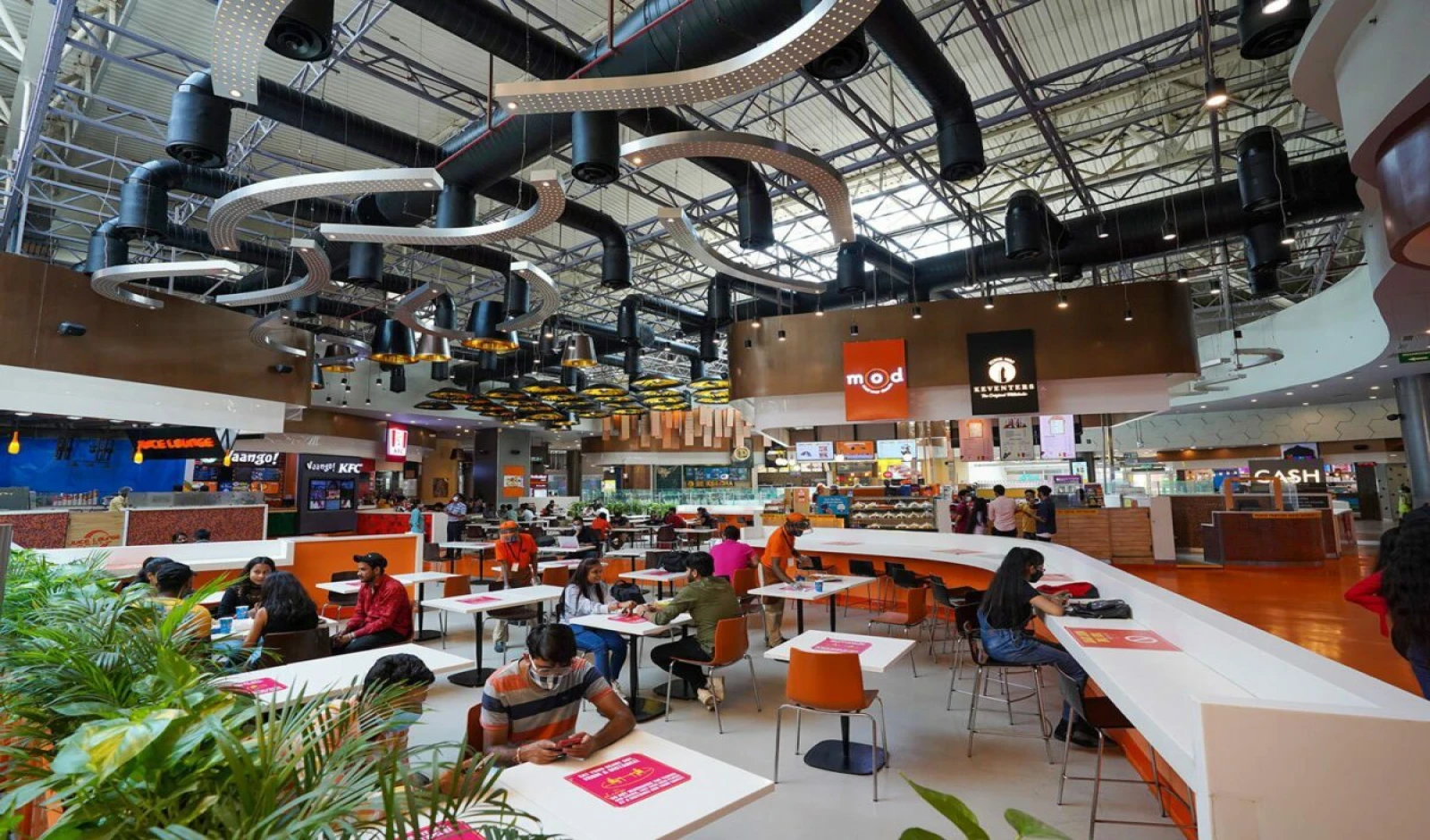
India’s retail landscape is undergoing a strategic realignment, with food & beverage (F&B) and jewellery emerging as breakout performers in leasing activity across the country’s top shopping destinations. While apparel continues to dominate in absolute terms, the latest data from ANAROCK Retail shows clear momentum building in high-value, experience-led categories that are redefining the mall ecosystem.
In the first half of 2025, the combined share of apparel and F&B accounted for 54% of total retail leasing (approx. 2 million sq. ft.) across India’s top seven cities. While apparel held the largest individual share at 33%, its percentage has been declining steadily. In contrast, F&B leasing rose to 21%, up from just 8% in FY19 — and is projected to reach 16% by FY30.
“The shift reflects a changing consumer appetite — one that prioritizes experience and indulgence over transactional value,” said Anuj Kejriwal, CEO & MD, ANAROCK Retail. “F&B is not only gaining ground as a core category but is fast becoming an anchor that drives footfall and dwell time in malls.”
Jewellery, once a modest leasing segment, has also seen a sharp upward trajectory. From a leasing share of just 2% in FY19, the category touched 5% in FY25, and is projected to climb to 13% by FY30 — signaling strong demand for premium, occasion-driven purchases even in a digitally dominated era.
Experience over Essentials
The growth in F&B and jewellery is symptomatic of a larger consumption shift. As malls pivot toward becoming social hubs, experience-driven categories like dining, wellness, and luxury are rising in importance. This is in contrast to the declining share of value-focused retail segments like apparel and hypermarkets, which continue to face mounting pressure from e-commerce and quick commerce platforms.
“We can see an unequivocal preference for quick, customized, and valuable experiences clearly influenced by digital platforms and social media,” Kejriwal noted. “Retail is moving beyond just shopping — it’s about how the consumer feels, connects, and engages with the space.”
Malls Evolve into Community Experience Hubs
Retail real estate players are already responding to this shift. At Inorbit Mall, Malad, which recently added new global and experiential brands to its portfolio, the focus is clearly on staying relevant to evolving customer demands.
Rajnneesh Mahajan, CEO, Inorbit Malls, stated, “Over the past 21 years, we’ve continually evolved to meet the changing needs of our community — and once again, we’re carving a path for the decades ahead. With the introduction of exciting new brands and significant upgrades across the mall, we’re reaffirming our commitment to creating meaningful, memorable experiences for all who visit.”
What's Fueling the Shift?
From social media-led discovery to the need for real-world indulgence, Indian consumers — especially millennials, Gen Z, and Gen Alpha — are reshaping retail dynamics. The leasing boom in F&B and jewellery is tied directly to this experience-first economy, where personalization, quality, and emotional value are driving footfall and wallet share.
As technology, sustainability, and hybrid retail models become mainstream, India’s malls are no longer just shopping destinations — they’re curated environments where food, fashion, beauty, and luxury coexist to deliver holistic consumer value.

